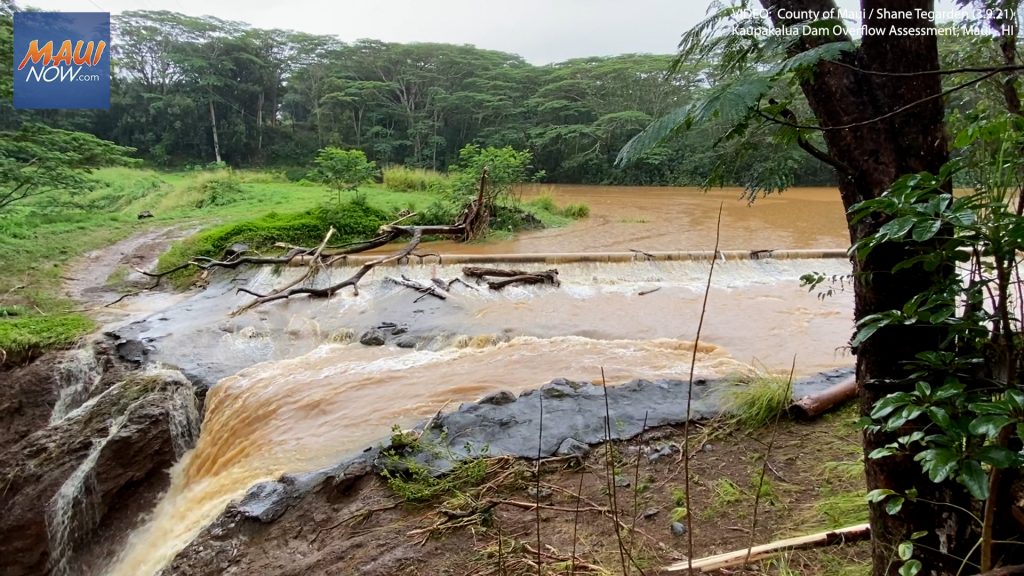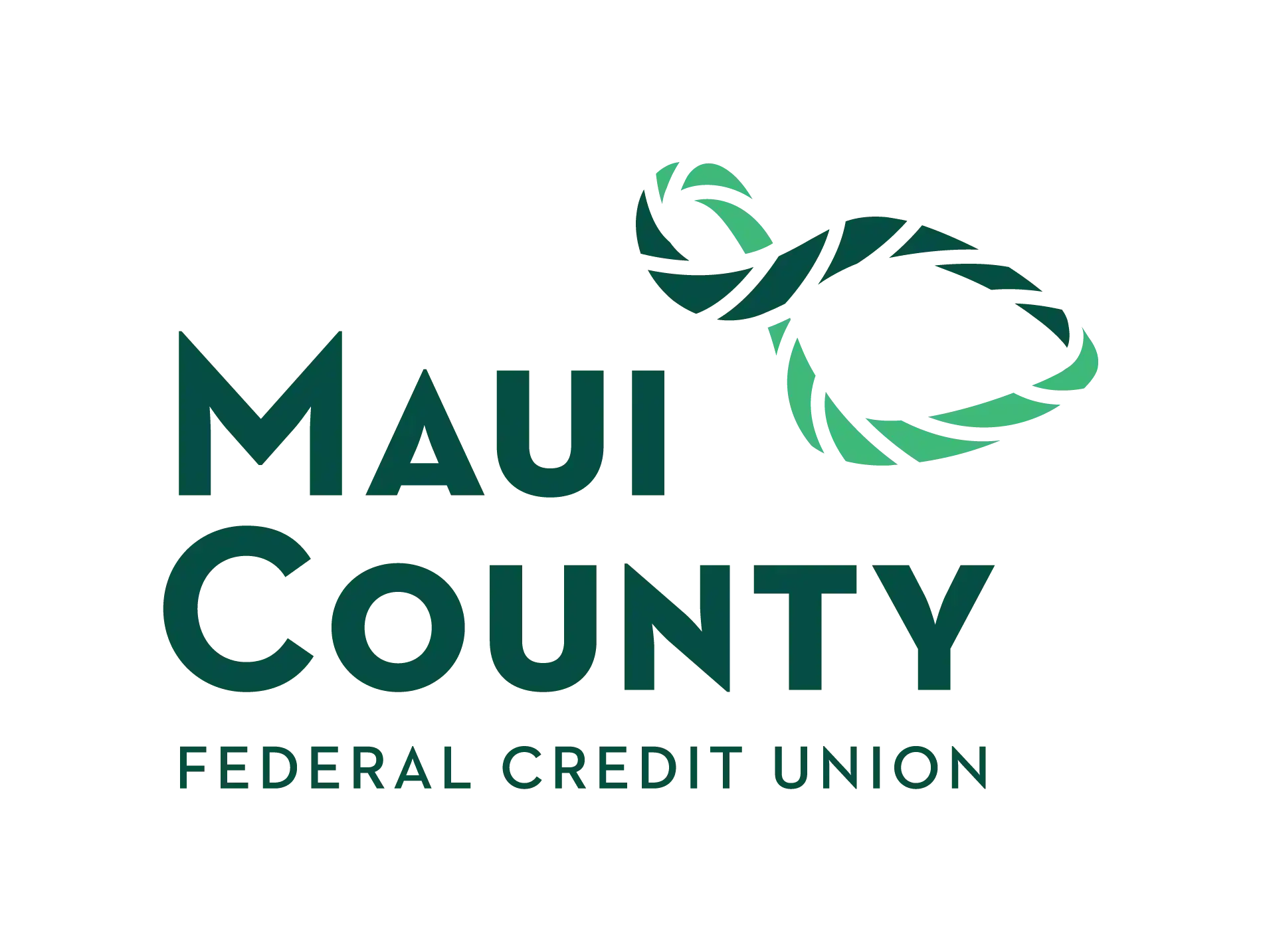After the Flood: Safety, Insurance Guidance
The torrential downpours across the state this past week resulted in flooded neighborhoods and evacuations in the hardest hit areas.
While flooding is expected in low-lying coastal areas, this severe rainfall caused major flooding and damage in some areas otherwise considered low-risk flood zones. The recent Kaupakalua Dam overflow was one of the areas used as an example: “Many homeowners thought they were covered by Home Insurance, but this may not be the case,” according to Atlas Insurance Agency.

The company’s Todd Tamori offered some general safety and insurance-related next steps for Maui residents when it comes to flooding including information on the differences between home insurance and flood insurance and the benefits of each:
- Home insurance (internal water damage and damage from above) vs.
- Flood insurance (external flood damage from the ground up).
These are two separate policies.
Atlas Insurance Company offers the following guidance for after a flood event:
- If you have become separated from your family, use your family communications plan or contact the American Red Cross at 1-800-RED-CROSS/1-800-733-2767 or visit the American Red Cross Safe and Well site: www.safeandwell.org.
- If you cannot return home and have immediate housing needs, text SHELTER + your ZIP code to 43362 (4FEMA) to find the nearest shelter in your area. (example: shelter 12345).
- Drive only if necessary and avoid flooded roads and washed-out bridges. Stay off the streets. If you must go out, watch for fallen objects including downed electrical wires, weakened walls, bridges, roads and sidewalks.
- Walk carefully around the outside your home and check for loose power lines, gas leaks and structural damage before entering. Keep away from loose or dangling power lines and report them immediately to the power company.
- Stay out of any building if you smell gas, and if floodwaters remain around the building or your home was damaged by fire and the authorities have not declared it safe.
- Inspect your home for damage. Take pictures of damage, both of the building and its contents, for insurance purposes. If you have any doubts about safety, have your residence inspected by a qualified building inspector or structural engineer before entering.
- Use battery-powered flashlights in the dark. Do NOT use candles. Keep in mind that the flashlight should be turned on outside before entering, as the battery may produce a spark that could ignite leaking gas, if present.
- Avoid drinking or preparing food with tap water until you are sure it’s not contaminated. Check refrigerated food for spoilage. If in doubt, throw it out.
- Use the telephone only for emergency calls.
- NEVER use a generator inside homes, garages, crawlspaces, sheds or similar areas, even when using fans or opening doors and windows for ventilation. Deadly levels of carbon monoxide can quickly build up in these areas and can linger for hours, even after the generator has shut off.










